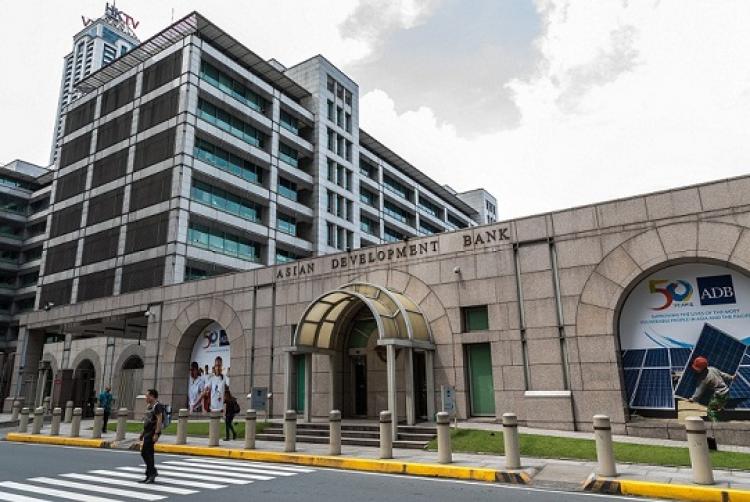The pandemic caused by the coronavirus set back the fight against poverty in the Asia-Pacific region by at least two years, the Asian Development Bank (ADB) said on Wednesday.
The proportion of people in the region facing extreme poverty – those living on less than $1.90 a day – could have eased to 2.9% in 2020 instead of rising to 5% because of the pandemic, the bank said.
The figure stood at 3.8% in 2021 and is forecast to drop to 3% this year.
However, extreme poverty is expected to drop below 1% of the population by 2030, the Manila-based lender said in a report.
At least 20% of developing Asia’s population were either extremely or moderately poor in 2021. This proportion could be halved by 2030 if governments focus on resilience, innovation, and inclusiveness to provide more balanced economic opportunities and greater social mobility, the ADB said.
“The poor and the vulnerable have been hit hardest by Covid-19, and while economies are recovering, many people may find that getting out of poverty is even more difficult than before,” ADB chief economist Albert Park said.
Uncertainties like the full impact of learning losses challenge the chances of poor people of moving to a higher economic level, the ADB said.
Only about half the region’s economies have reverted to their pre-pandemic levels in terms of gross domestic product growth, and economic recovery remains volatile owing to new Covid-19 variants and global economic uncertainty caused by Russia’s invasion of Ukraine, the ADB said.
Since the pandemic started, certain risks have become more acute, including job uncertainty, mental health deterioration, extreme weather, cybersecurity failures and infectious diseases, the report said.
- Reuters with additional editing by Jim Pollard
ALSO SEE:
SE Asia Pandemic Recovery Faces Headwinds, Says ADB
ADB Raises $3.75bn in Return to US Bond Markets
ADB Cuts Developing Asia Growth Forecasts Amid Omicron Fears
ADB Sees Asia Pacific Remittances Up 6.7% in 2021
























